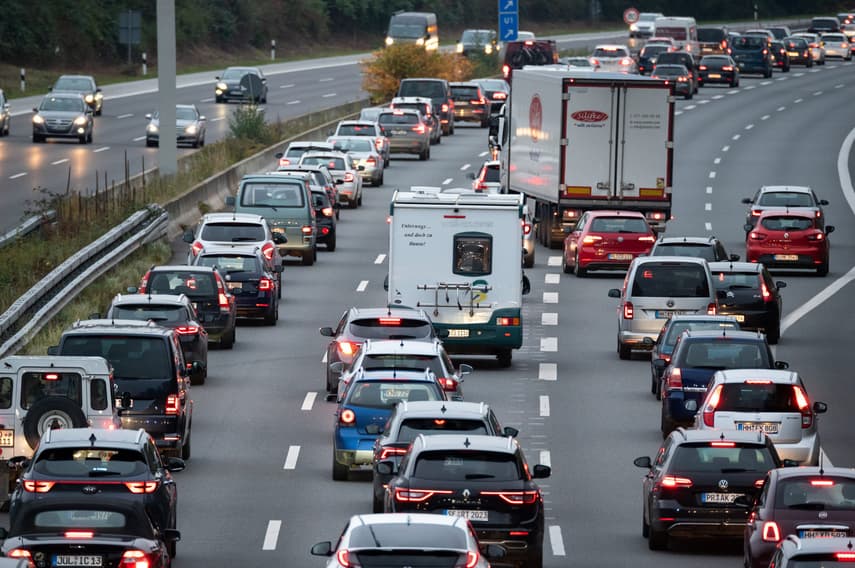Which German cities are the worst for traffic?

The Global Traffic Scorecard from Inrix finds that traffic has gotten a little less congested in Germany over the last few years.
The average congestion time in Germany – or the amount of time a driver spends in heavy traffic – didn’t change from 2021 to 2022, staying at 40 hours.
That’s down from 46 hours in 2019, just before the Covid-19 pandemic moved many people to working from home, at least part time.
But the average numbers don’t give a great indication of what driving in Germany’s largest cities is really like. In Munich, Berlin, and Hamburg in particular, the situation is considerably worse.
The average driver in Munich lost 74 hours to traffic congestion last year. Berliners fared only marginally better, losing 71 hours.
Munich and Berlin were the worst by far, with drivers in third place Hamburg losing 56 hours by comparison.
Despite still being the worst city in Germany for traffic, Munich was one of the only German cities where the situation actually got better in 2022. In 2021, its average congestion time was 79 hours.
Congestion times in both Berlin and Leipzig went up last year by six hours. Hamburg, Potsdam, and Darmstadt all went up by around ten hours each.
Potsdam now has an average congestion time of 55 hours – well above the German average. Darmstadt’s now sits at 47 hours and Leipzig at 46.
READ ALSO: ‘Germans are not tired of cars’: Number of vehicles on roads continues to rise
Internationally though, German cities fare quite well by comparison.
The world’s most congested city is London, where drivers lost 156 hours to traffic in 2022 – more than double what Munich drivers lost. No city in the world’s top ten most congested cities had an average traffic congestion time of less than 100 hours.
READ ALSO: Drivers in Germany warned to expect delays on the Autobahn this year
